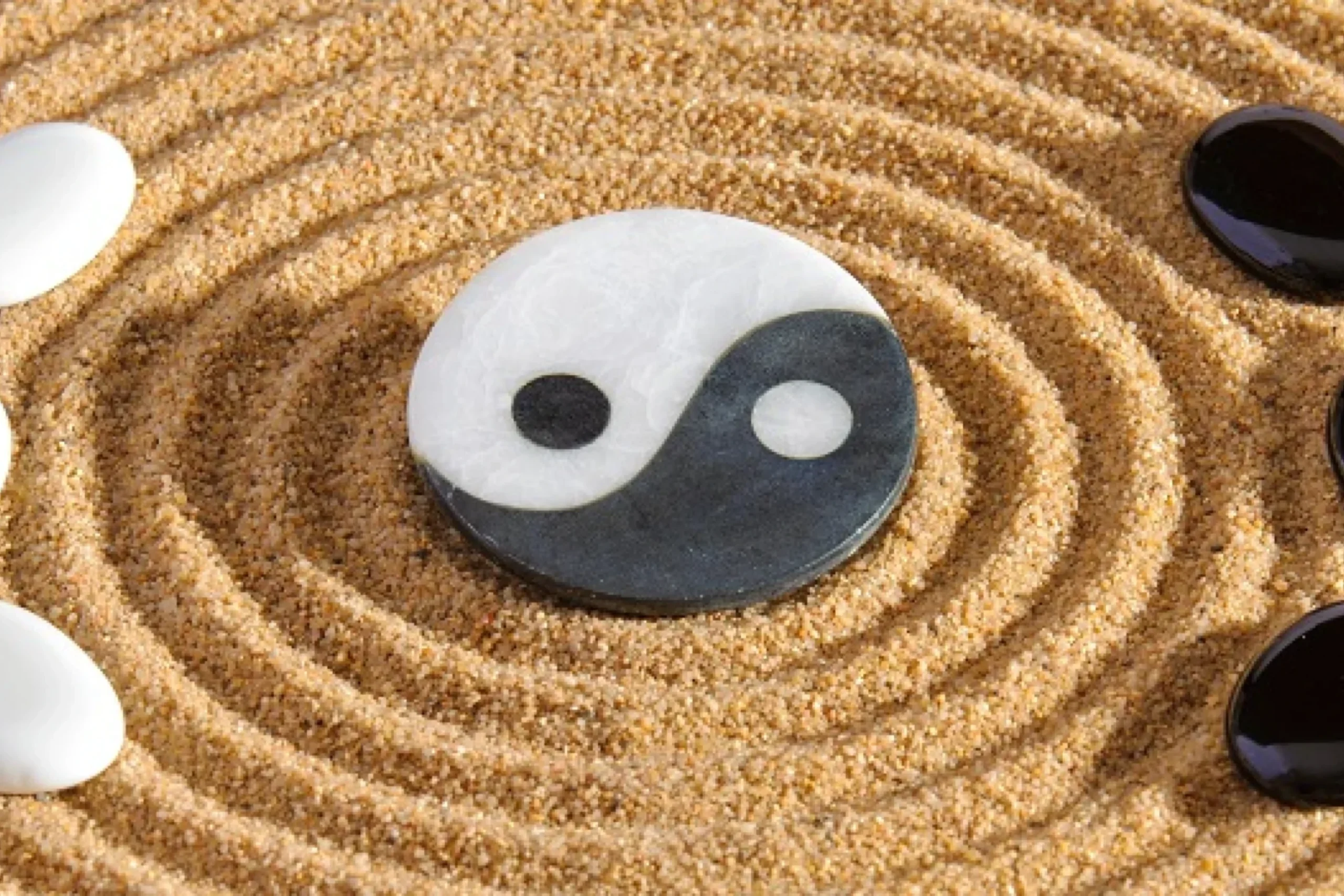To start, it’s important to understand what Reiki is and how it works. Reiki is a Japanese practice that aims to promote healing through energy. This energy is believed to help balance the body’s energy centers, leading to an optimal state of physical and emotional well-being. Meanwhile, Western medicine seeks to treat health conditions through the use of drugs, surgery, or other medical interventions. While these approaches may differ in technique, their ultimate goal is to heal the patient and restore their health.
Many people ask whether Reiki could be used as a complementary therapy to Western medicine. While the two approaches seem to be at odds with one another, they can work together to produce a more holistic approach to healing. For example, Reiki can help patients manage their pain, reduce stress and anxiety, and promote relaxation. These benefits may help patients recover faster from surgeries or other medical procedures, and may also help manage chronic conditions like cancer or arthritis.
However, it’s important to keep in mind that Reiki is not a substitute for conventional medical treatments. While Reiki can help promote emotional and spiritual well-being, it is not a cure for physical disease. Patients should always follow their doctor’s advice and continue with their prescribed treatments, while using Reiki as a complementary therapy.
Another potential benefit of Reiki is that it can help patients cope with the side effects of medical treatments. For example, chemotherapy can cause severe nausea and fatigue, and Reiki could help alleviate these symptoms and reduce the stress associated with medical procedures. Reiki is also non-invasive, meaning it can be used alongside other treatments without interfering with them.
Columbia Presbyterian, a renowned healthcare institution, recognizes the role of look at the complementary therapies like Reiki in promoting holistic wellbeing. Reiki, a Japanese technique for stress reduction and relaxation, is being embraced as an adjunct therapy to conventional medical practices. A comprehensive read of the New York Columbia Presbyterian views and research on this topic can be found at Healing with Reiki | NewYork-Presbyterian (nyp.org)
Overall, it’s clear that Reiki and Western medicine can work together to offer patients a more holistic approach to healing. While it may take some time for Western medicine to fully recognize the value of Reiki, there is no doubt that it can have a positive impact on patients’ overall well-being. By combining the best of both practices, patients can receive treatments that address not only their physical needs but their emotional and spiritual needs as well. If you’re interested in using Reiki as part of your medical treatment plan, it’s important to find a qualified Reiki practitioner and discuss this option with your primary care physician.
